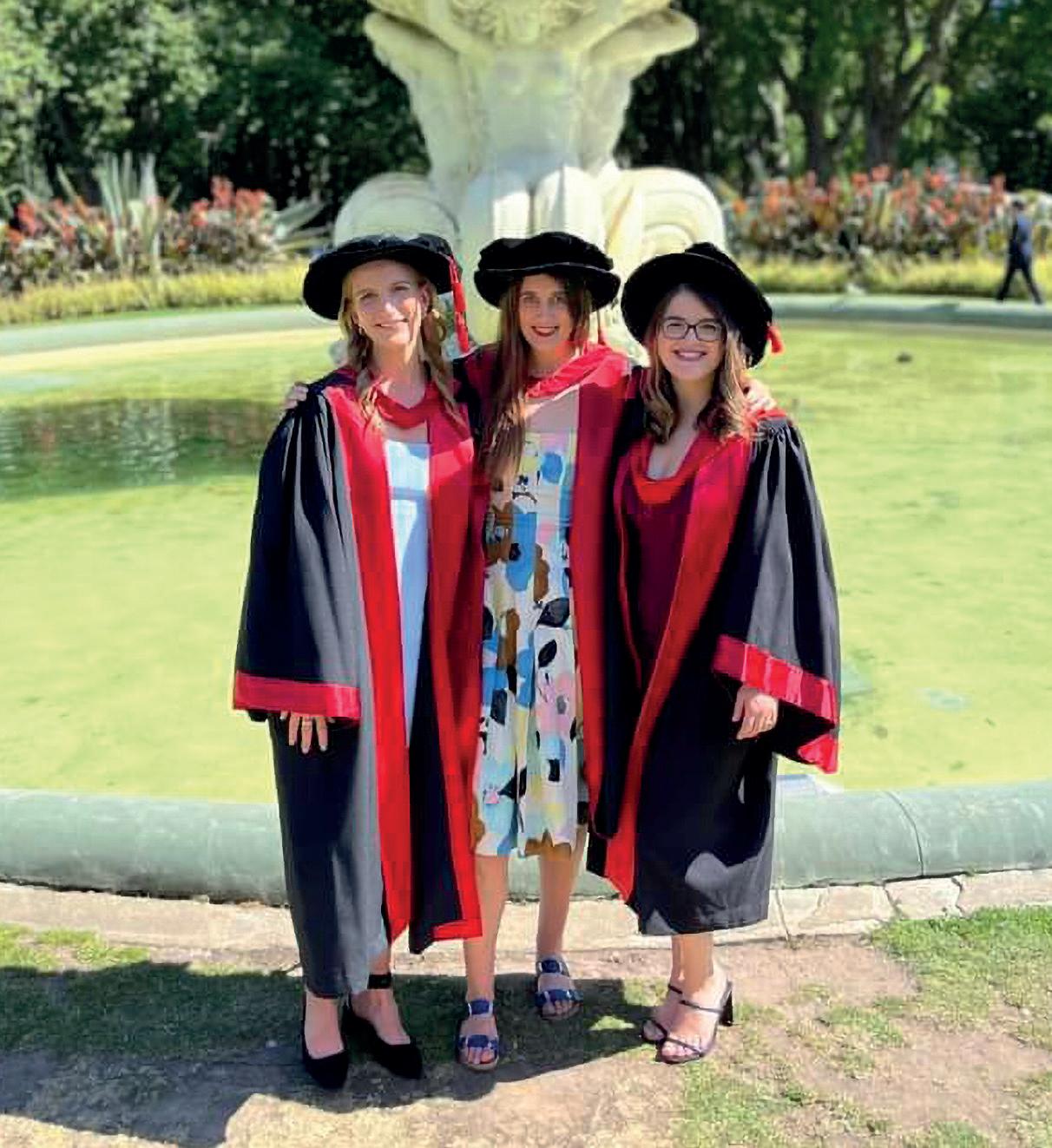
1 minute read
Taking research into the community
An unwavering focus on the science is important in all medical research, but equally as important is meeting people living with the condition being studied, learning about individual experiences and sharing scientific knowledge.
Pairing lived experience with research has proven to be a valuable collaborative approach for The Florey’s Professor Tony Hannan and Huntington’s Victoria. Huntington’s Victoria supports and assists people impacted by Huntington’s disease (HD) and for 50 years has increased awareness and understanding of the condition, as well as the impact it has on individuals, families and communities.
HD is a genetically inherited condition where a person’s physical, cognitive, and emotional capacity progressively deteriorate. Life expectancy after symptoms begin is estimated to be approximately 10-25 years.
Professor Hannan hopes further research will establish new treatments for Huntington’s and related neurodegenerative diseases, which are currently incurable.
“It has been my pleasure and privilege to interact with, and support, the Huntington’s Victoria community over the past two decades as this is a devastating disease which is under-recognised and under-funded,” said Professor Hannan.
Tammy Gardner, CEO of Huntington’s Victoria, stated that Professor Hannan is well-known and respected by the Huntington’s disease community.
“The HD community know that they can depend on Professor Hannan’s invaluable knowledge of the latest research discoveries, including those from his Florey team,” said Ms Gardner.
“In particular, the HD community looks forward to Professor Hannan’s updates at the annual Huntington’s Victoria Community Day Conference held at The Florey. It was at such a forum that Professor Hannan was able to reveal his team’s world-first discovery that correcting imbalances in gut bacteria could play a part in treating the disease.”
The team’s investigations have led to a further discovery, finding that a faecal microbiota transplant can improve cognitive deficits seen in a preclinical model of Huntington’s disease.
“Working with Professor Hannan and his team at The Florey helps shine an invaluable light on an often misunderstood rare genetic health condition that has devastating impacts on individuals and their families who battle on valiantly through extraordinary challenges,” added Ms Gardner.








